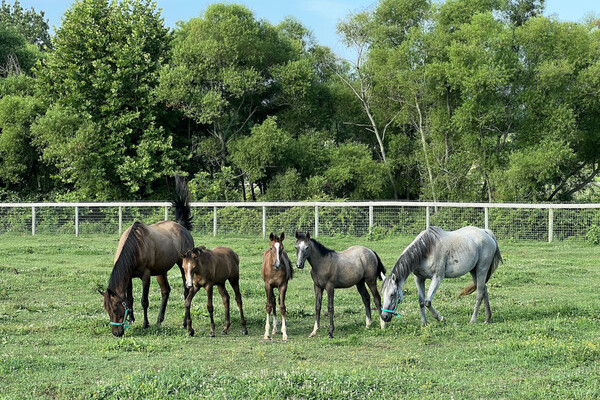
Articles from Katherine Unger Baillie

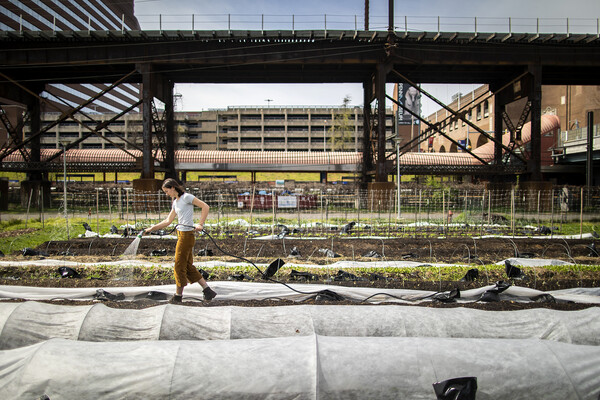
Hands-on events for Climate Week include a tour of Penn Park Farm, a bioblitz at the Biopond, and planting sessions at Penn Park and the Andrew Hamilton School.
nocred
A week of building climate knowledge, awareness, and action
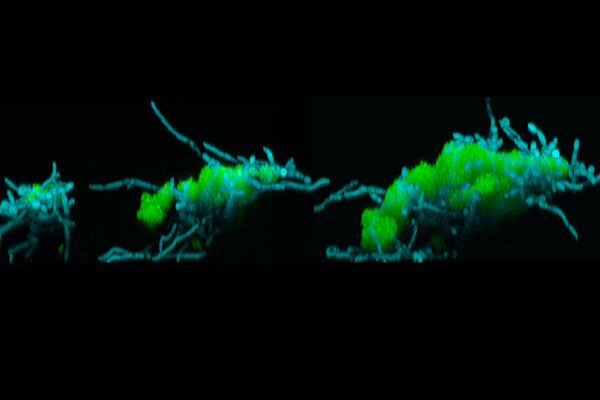
In the microbial assemblages, fungal cells (blue) made up the periphery with bacteria (green) in the middle. Fungal hyphae, or elongated filaments, enabled the cluster of microbes to propel itself along the surface of a tooth. (Image: Penn Dental Medicine)
Microbes that cause cavities can form superorganisms able to ‘crawl’ and spread on teeth
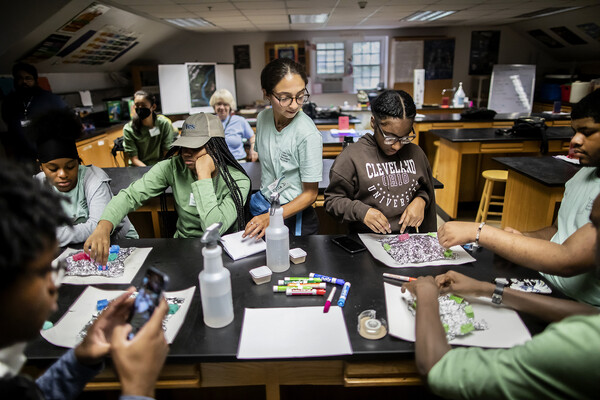
Bolstering environmental education in Cobbs Creek

Understanding the needs of cancer care partners
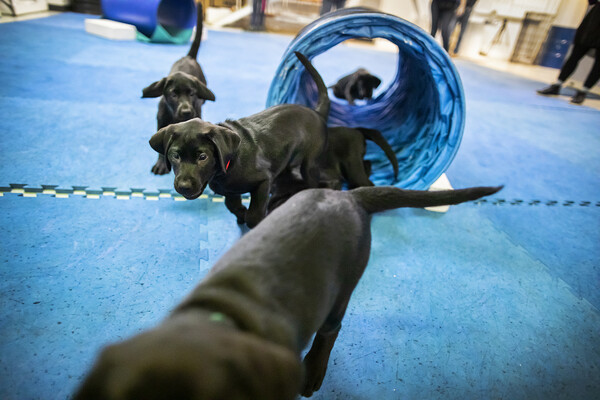
(Homepage image) Puppies at the Penn Vet Working Dog Center, like these black Labs of the “U litter,” begin their formal training at the tender age of 8 weeks, an unusual feature of the program. Playtime is an important part of that preparation, building confidence and improving physical and social skills.
A decade of advancing working dogs for the greater good
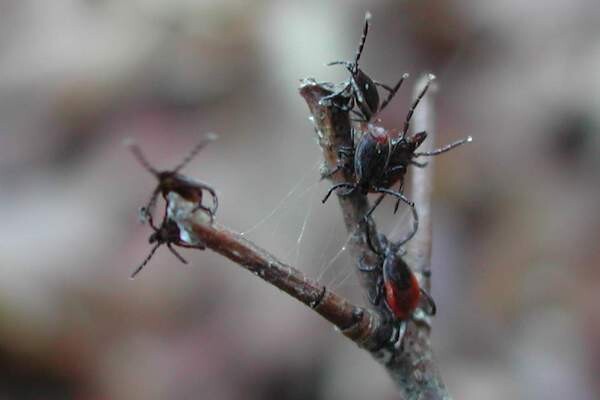
Landscape and climate factors can predict prevalence of Lyme disease bacteria
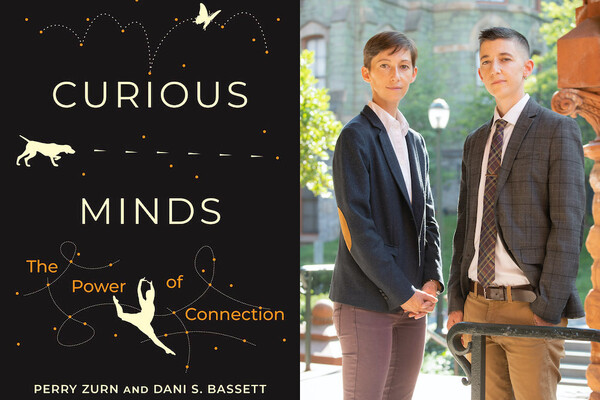
Exploring what it means to be curious
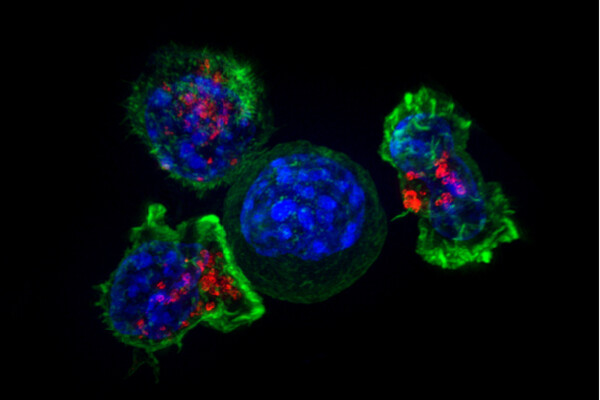
Tcells surround a cancer cell to finish it off, but such interactions do not always end with the T cells victorious. Researchers from Penn detail how cancer cells can prompt T cells to ingest bits of cancer cell membrane, a process known as trogocytosis. The cancer may evade immune detection as a result. (Image: Alex Ritter, Jennifer Lippincott Schwartz and Gillian Griffiths, National Institutes of Health)
T cells that ‘nibble’ tumors unwittingly help cancer evade the immune response
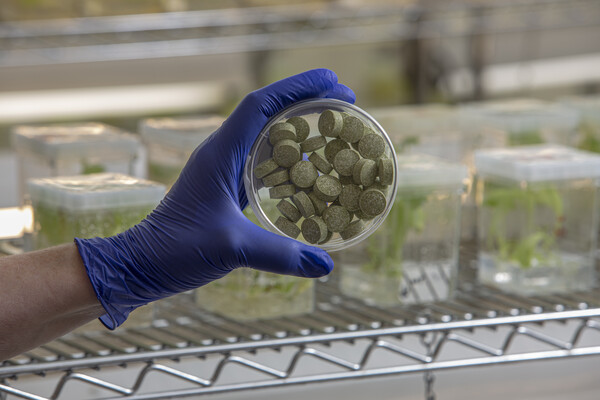
Chewing gum tablets containing plant material laced with the ACE2 protein are being evaluated in a clinical trial to see if they are safe and effective in trapping SARS-CoV-2 in the saliva. (Image: Kevin Monko/Penn Dental Medicine)